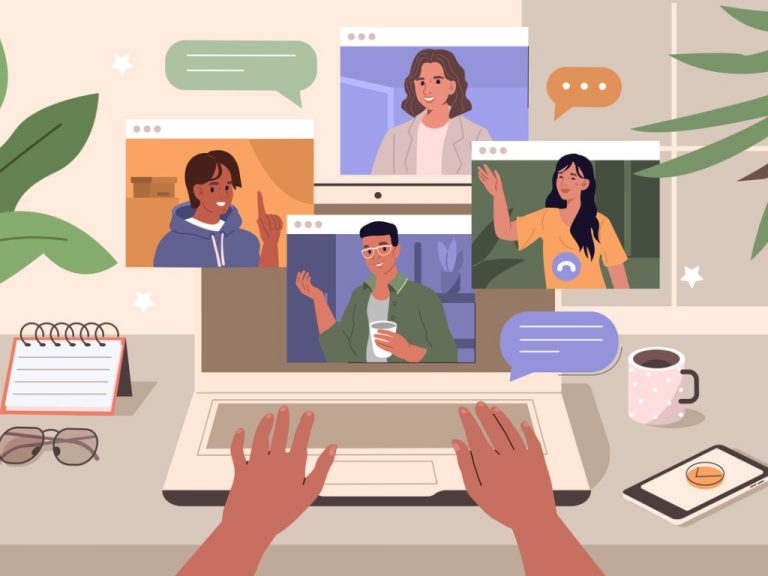- The rules of etiquette in internet communications and postings are called
- 10 golden rules of email etiquette
Club purchase that comes with rules of etiquette
Club purchase that comes with rules of etiquette Crossword Clue Answers are listed below. Did you came up with a word that did not solve the clue https://miamilotushouse.com/location-aspx/? In case you did, worry not because we have the most recent and up-to-date answer for it. If you have seen the clue before, we encourage you try to remember the solution one more time before viewing the answer. All the clues are regularly checked and updated.
Here is the answer for the crossword clue Club purchase that comes with rules of etiquette last seen in New York Times puzzle. We have found 40 possible answers for this clue in our database. Among them, one solution stands out with a 98% match which has a length of 8 letters. We think the likely answer to this clue is LAPDANCE.
We have the 8-letter answer for Club purchase that comes with rules of etiquette crossword clue, last seen in the NYT Crossword February 22, 2025 puzzle. This answer will help you finish the puzzle you’re working on.
The answer to “Club purchase that comes with rules of etiquette” in the New York Times puzzle February 22, 2025 is LAPDANCE (Across 58). Quite straight and simple! Complete your daily NYT challenge with this solution.
We hope you found the right answer here. If this solution doesn’t solve the clue, or if you have another solution for the Club purchase that comes with rules of etiquette crossword clue, please email us with the source and date of publication. We will review it as soon as possible. Your help is greatly appreciated.
The rules of etiquette in internet communications and postings are called
Another important reason to keep your information up to date is maintaining your social and business network online. If you’ve got outdated information or an old resume on LinkedIn, for instance, its like handing out an old business card. You may miss out on important connections or opportunities.
To stay in touch with a colleague without adding them as a Facebook friend, tell them you only use Facebook for close personal friendships. Suggest that you connect on LinkedIn or another professional networking site to stay in touch.
One of the best things about the virtual world is the lack of judgment associated with your physical appearance, sound of your voice, or the clothes you wear (unless you post a video of yourself singing Karaoke in a clown outfit.) You will, however, be judged by the quality of your writing, so keep the following tips in mind:

Another important reason to keep your information up to date is maintaining your social and business network online. If you’ve got outdated information or an old resume on LinkedIn, for instance, its like handing out an old business card. You may miss out on important connections or opportunities.
To stay in touch with a colleague without adding them as a Facebook friend, tell them you only use Facebook for close personal friendships. Suggest that you connect on LinkedIn or another professional networking site to stay in touch.
10 golden rules of email etiquette
I used to think emojis didn’t belong in professional emails. But over time, I’ve realized they can be useful—when used carefully. For example, if I’m sending a quick update to my team, a simple thumbs-up emoji can convey positivity without needing extra words. But I’d never use emojis in a formal email to a client or when discussing something serious.
One of the most important rules of email etiquette is protecting confidential information. I’ve seen how easily business email chains can fall into the wrong hands—whether through careless forwarding or unsecured communication channels.
On the other hand, I’ve also seen how poor email habits can hurt someone’s credibility. For example, I once worked with someone who consistently used vague subject lines and left out important details. It didn’t take long for others to start avoiding their emails altogether.

I used to think emojis didn’t belong in professional emails. But over time, I’ve realized they can be useful—when used carefully. For example, if I’m sending a quick update to my team, a simple thumbs-up emoji can convey positivity without needing extra words. But I’d never use emojis in a formal email to a client or when discussing something serious.
One of the most important rules of email etiquette is protecting confidential information. I’ve seen how easily business email chains can fall into the wrong hands—whether through careless forwarding or unsecured communication channels.
On the other hand, I’ve also seen how poor email habits can hurt someone’s credibility. For example, I once worked with someone who consistently used vague subject lines and left out important details. It didn’t take long for others to start avoiding their emails altogether.